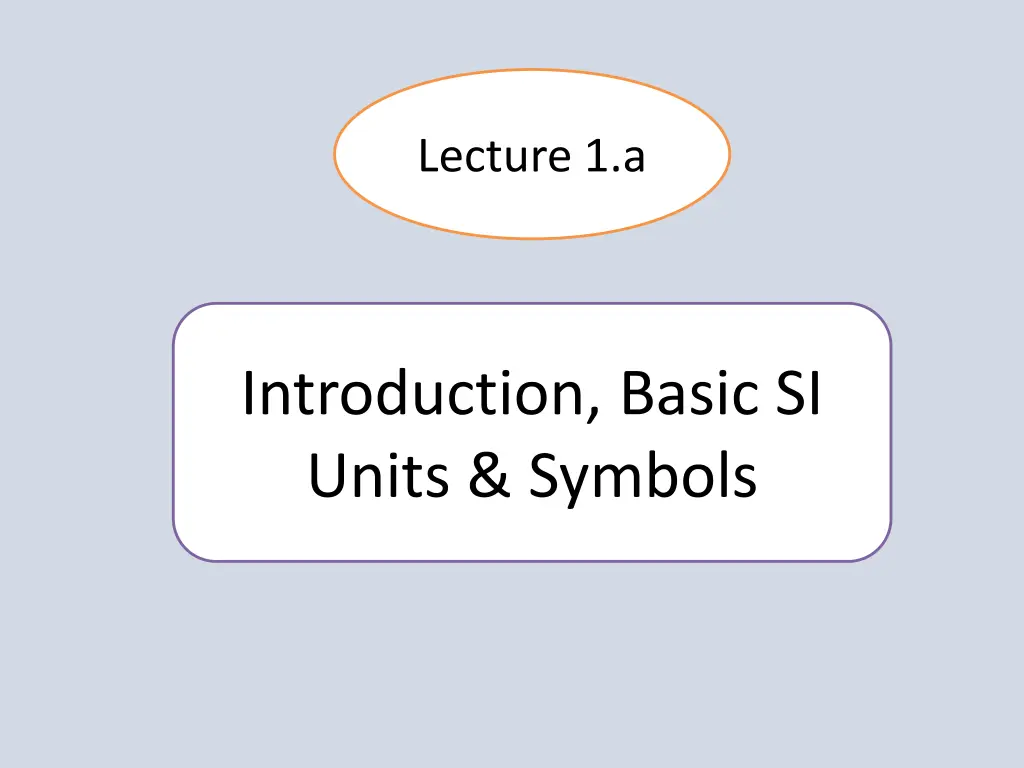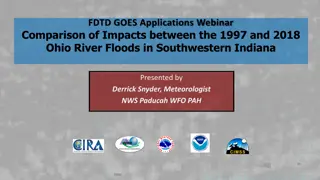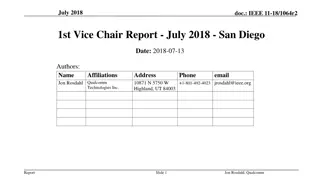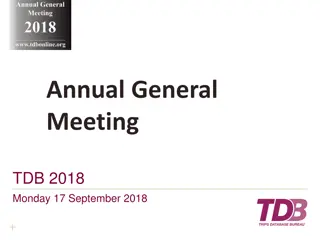
Understanding Engineers and Scientists
Explore the distinctions between scientists and engineers, the use of prefixes in SI units, the Greek alphabet in engineering, and the importance of units in engineering. Discover the world of creating and solving in this comprehensive overview.
Download Presentation

Please find below an Image/Link to download the presentation.
The content on the website is provided AS IS for your information and personal use only. It may not be sold, licensed, or shared on other websites without obtaining consent from the author. If you encounter any issues during the download, it is possible that the publisher has removed the file from their server.
You are allowed to download the files provided on this website for personal or commercial use, subject to the condition that they are used lawfully. All files are the property of their respective owners.
The content on the website is provided AS IS for your information and personal use only. It may not be sold, licensed, or shared on other websites without obtaining consent from the author.
E N D
Presentation Transcript
Lecture 1.a Introduction, Basic SI Units & Symbols
What is the Difference Between a Scientist and an Engineer? Scientists: Discover the world that exists. Engineers: Create the world that never was.
Engineering technological, and mathematical knowledge to problems. uses scientific, solve practical
Engineers Can Do Anything Invent: Develop a new product, system, or process that has never existed before. Innovate: Improve an existing technological product, system, or method. Design Build Analyze Create Improve Orchestrate Evaluate Conceive
The Word Its Meaning Example A, V, W, , Dr., Asst., Prof., Symbol Abbreviation Acronym USA, FEM, SCR, Synonym Prefix mA, GHz Script Subscript ?1 ?2 Superscript Arial, Times New Roman Font ) ( comma , ) ( Semicolon : Period . ) ( Punctuation
We use the following prefixes: Pico (p): 10-12 Tera (T): 1012 Nano (n): 10-9 Giga (G) : 109 Micro ( ): 10-6 Mega (M): 106 Mille (m): 10-3 Kilo (k): 103
The Following List of The Greek Alphabet Will Be Used in Literature as Symbols for Variables of Engineering Science The Studied Electrical The
No. 1 2 3 4 5 6 7 8 9 10 11 12 Capital B Small Name alpha beta gamma delta epsilon zeta eta theta iota kappa lambda mu
No. 13 14 15 16 17 18 19 20 21 22 23 24 Capital Small , Name nu xi omicron pi rho sigma tau upsilon phi chi psi omega
Do you think that the engineer needs units? What is meant by the unit of any quantity? What are the basic units? What is meant by a derived unit? Is there different systems of units?
Basic SI Units Base Unit Ampere Candela Kelvin Kilogram Meter Mole Second Symbol A cd K k m mol s Quantity Electric Current Luminous Intensity Temperature Mass Length Amount of Substance Time
Derived Units with Special Names Units Named After Charles-Augustin de Coulomb Unit of In SI Units 1 A s1 0 C = 273.15 K 1 F = 1 s4 A2 m 2 kg 1 1 G= 1Mx cm 2 1 G= 10 4kg C 1 s 1 1 H = 1kg s 2 A 2 1 Hz = 1s 1 1 kg m2 s 2 1 lm = 1 cd sr 1 lx = 1 lm/m2 Mx = 1G cm2= 10 8Wb Symbol Coulomb C C F Electric Charge Degree Celsius Anders Celsius Temperature Farad Michael Faraday Capacitance Magnetic field Magnetic flux density Inductance Frequency Energy Luminous flux Illuminance Gauss Henry Hertz Joule Lumen Lux Maxwell G H Hz J lm lx Mx Carl Friedrich Gauss Joseph Henry Heinrich Hertz James Prescott Joule James Clerk Maxwell Magnetic flux
Units Newton Named After Sir Isaac Newton Unit of Force Magnetizing field, Magnetizing Force In SI Units 1N = 1kg m s 2 1Am-1= 4 10 3Oe 1 Oe 79.5774715 Am-1 1 = 1kg m2 s 3 A 2 1 rad= 57.296 S= -1 1S = 1kg m 2 s3 A2 1T = 1kg s 2 A 1 1 T= 104G Symbol N Oersted Oe Hans Christian Oersted Ohm Radian Georg Ohm rad Electrical Resistance Angle Ernst Werner von Siemens Electric Conductance, and Electric Admittance Siemens S Magnetic field Magnetic flux density Tesla Nikola Tesla T Alessandro Volta Electric potential, electromotive force Volt V 1V = 1kg m2 s 3 A 1 1W = 1kg m2 s 3 1W = 1 107erg s 1 Watt James Watt Power W Wilhelm Eduard Weber Weber Wb 1Wb = 1kg m2 s 2 A 1 Magnetic flux
Systems of units Metric System Length: meter, m Mass: kilogram, kg Time: seconds, s Electric Charge: Coulomb, ? Temperature: centigrade, Force: Newton, N Energy: Joule (N m), J British System Length: foot (30.48 cm) Mass: Slug (14.6 kg) Time: Second, s Electric Charge: Coulomb, C C Temperature: Fahrenheit, Force: Pound (4.45 N) Energy: Foot-pound (1.356 J)






















